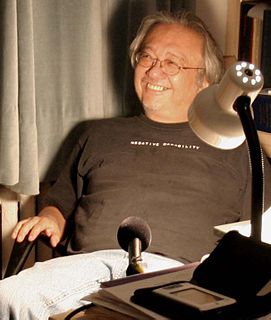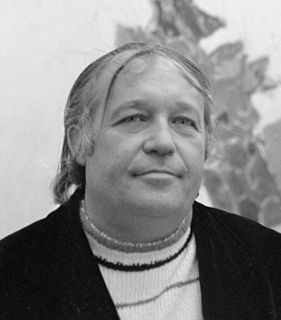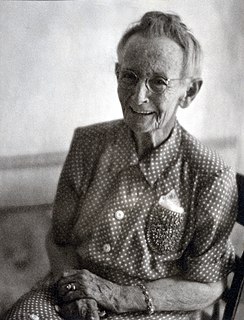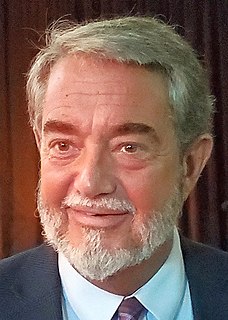A Quote by Teju Cole
Breughel is an example of an artist - I mean, this is true about artists and painters in general, but he is a specific example of an artist whose work contains more than you think it does at first glance. Whose work rewards, sustains attention and looking.
Related Quotes
What makes someone an artist? I don't think is has anything to do with a paintbrush. There are painters who follow the numbers, or paint billboards, or work in a small village in China, painting reproductions. These folks, while swell people, aren't artists. On the other hand, Charlie Chaplin was an artist, beyond a doubt. So is Jonathan Ive, who designed the iPod. You can be an artist who works with oil paints or marble, sure. But there are artists who work with numbers, business models, and customer conversations. Art is about intent and communication, not substances.
When the artist is truly the servant of the work, the work is better than the artist; Shakespeare knew how to listen to his work, and so he often wrote better than he could write; Bach composed more deeply, more truly than he knew, Rembrandt's brush put more of the human spirit on canvas than Rembrandt could comprehend. When the work takes over, then the artist is enabled to get out of the way, not to interfere. When the work takes over, then the artist listens.
A work of art does not need an explanation. The work has to speak for itself. The work may be subject to many interpretations, but only one was in the mind of the artist. Some artists say to make the work readable for the public is an artist’s responsibility, but I don’t agree with that. The only responsibility to be absolutely truthful to the self. My work disturbs people and nobody wants to be disturbed They are not fully aware of the effect my work has on them, but they know it is disturbing.
Every artist knows that there is no such thing as "freedom" in art. The first thing an artist does when he begins a new work is to lay down the barriers and limitations; he decides upon a certain composition, a certain key, a certain relation of creatures or objects to each other. He is never free, and the more splendid his imagination, the more intense his feeling, the farther he goes from general truth and general emotion.
What does it mean when you hook up your work to that of a late modernist giant working in a reductive vein - Ad Reinhardt, Agnes Martin, Robert Ryman, Ellsworth Kelly, Frank Stella, or Donald Judd, for example - like a caboose? I am not talking about engaging directly with another artist's work or ideas, but of perpetuating a look or, in the case of Wade Guyton, the various monochromatic, striped and geometric surfaces we associate with Minimalism.
I think it's what any artist would want: to feel like their work can be taken in on a level of experience beyond the headline or the press release. I don't think any artist wants to be reduced to a press release. We have a whole industry whose function it is to process and present information. There's nothing wrong with it, but it's not the thing.
I'm not someone that wants to control everything. I like to work with people that bring their talents to the project. So I like it when the makeup artist has a chance to do their work, when the dresser does their work, when the director does their work. They all come with stories and ideas to think about.
Why was the painting made? What ideas of the artist can we sense? Can the personality and sensitivity of the artist be felt when studying the work? What is the artist telling us about his or her feelings about the subject? What response do I get from the message of the artist? Do I know the artist better because of the painting?
Mary is God's masterpiece. Have you ever walked into a museum where an artist was displaying his work? Can you imagine him being offended if you were viewing what he considered to be his masterpiece? Would he resent your looking at that instead of at him? 'Hey, you should be looking at me!' Rather, the artist would receive honor because of the attention you were giving his work. And Mary is God's work, from beginning to end.





































